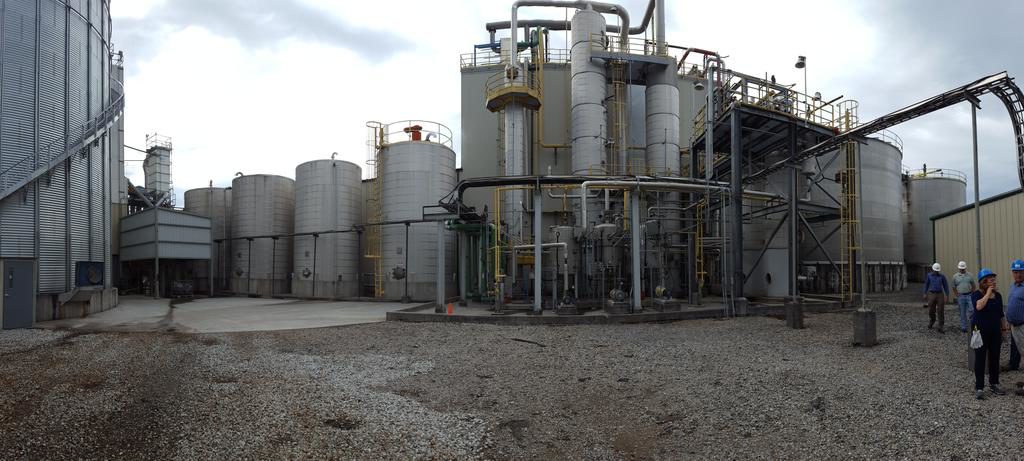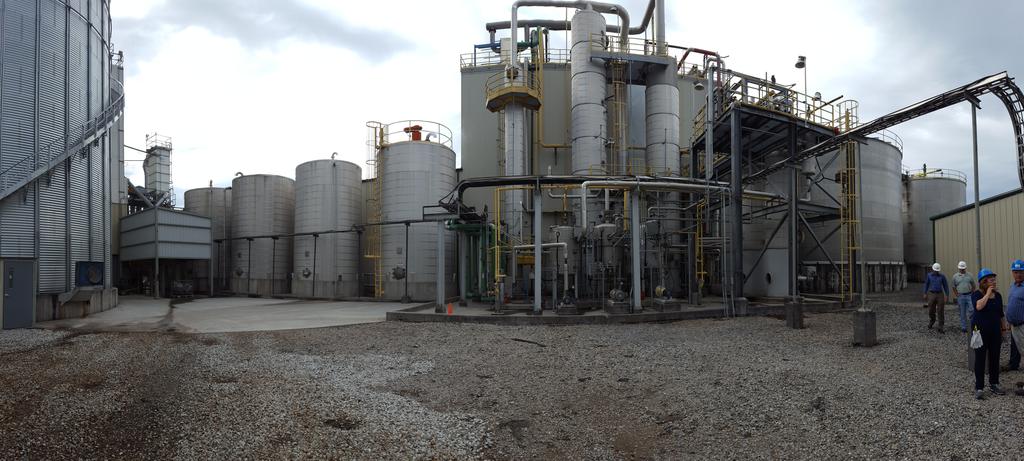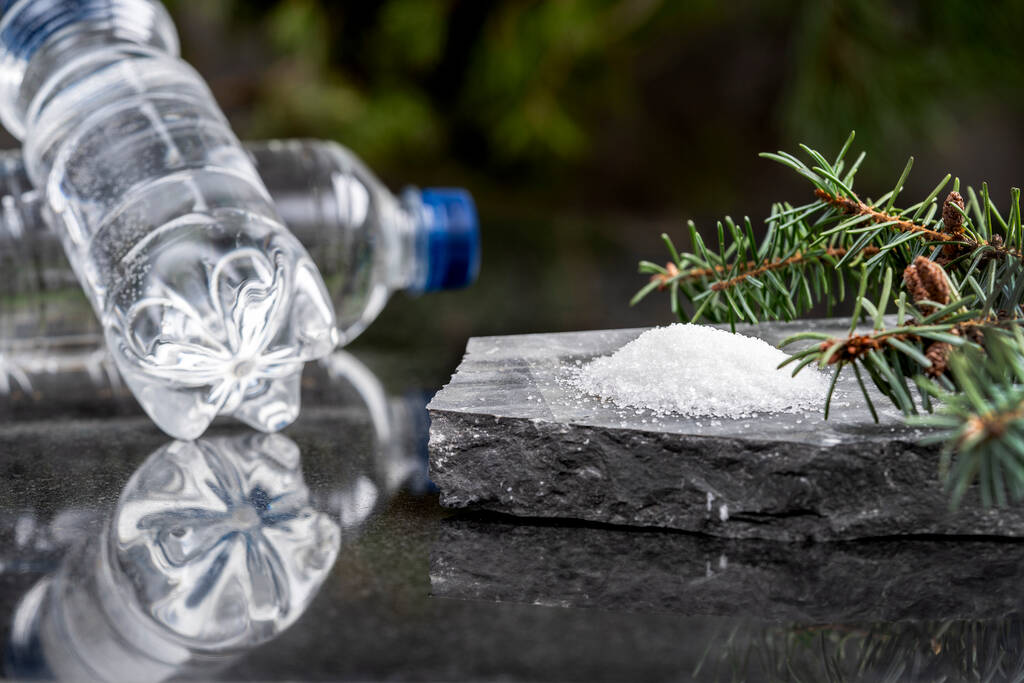I have often heard the market potential for bio-isobutanol but the problem is, it’s expensive and Gevo seems to be the only producer in town. Maybe this will change as Butamax Advanced Biofuels LLC, a 50/50 joint venture between BP and DuPont, recently announced plans to finally produce bio-isobutanol with its acquisition of Nesika Energy, LLC and its ethanol facility in Scandia, Kansas.
Butamax will now start the detailed engineering work to add bio-isobutanol capacity to the facility, while continuing to produce ethanol before and after adding this capacity.

Produced from renewable feedstocks, Butamax noted bio-isobutanol as a valuable option for growing the renewable content of gasoline and a lower carbon alternative to fossil-derived isobutanol in existing chemical applications. As a fuel, it can be blended with gasoline in higher concentrations than ethanol without compromising compatibility or performance. Bio-isobutanol blends do not suffer from the water solubility issues of ethanol, which means they can be transported via existing fuel pipelines.
In the chemicals industry, it is used both directly and as an important building-block for a wider range of products. Butamax plans to license its proprietary bio-isobutanol technology beyond this first facility on a global scale. When the newly acquired facility in Kansas has bio-isobutanol production capability, it will be used as a demonstration facility for potential licensees to see the technology in operation and serve as a proving ground for future developments.
Butamax noted that there are approximately 200 corn ethanol plants in the U.S. that could be converted to bio-isobutanol production, as well as numerous other ethanol plants in South America, Europe, Asia and elsewhere around the globe. With further developments, the technology could also use other feedstocks, such as wheat and other grains, sugar cane and sugar beets. Already, a group of leading U.S. ethanol producers have expressed interest in being early licensees of the Butamax technology, the company said.
USES AND BENEFITS OF BIO-ISOBUTANOL
Fuel Markets
- High Energy Content: Each gallon of bio-isobutanol contains approximately 25% more energy than a gallon of ethanol.
- Cost Savings: Bio-isobutanol’s low vapor pressure, high octane and favorable distillation properties enable the refiner to reduce the cost of producing cleaner burning gasoline that meets U.S. regulations.
- RIN Qualifications: Refiners can blend bio-isobutanol to meet their compliance obligations as part of the Renewable Fuels Standard. A 16% blend of bio-isobutanol with gasoline (iBu16) has twice the renewable energy compared to current fuels (E10, referring to the standard 10% blend of ethanol in the U.S. supply) with seamless compatibility – it works in all cars without compromising fuel economy. Butanol producing plants that reduce greenhouse gas emissions by more than 50% can qualify for Advanced Biofuel RINs.
- Compatibility: Blends of gasoline and bio-isobutanol resist phase separation in the presence of water – an issue faced by ethanol gasoline blends. Blending with bio- isobutanol eliminates the key reason for which ethanol blends are not shipped via pipeline, opening the opportunity to further reduce supply chain costs.
- Meeting Safety and Health Requirements: Underwriters Laboratories, a nationally recognized testing expert, has confirmed that iBu16 can be safely used with gasoline dispensing and storage systems meeting current standards. Butamax is working with the State of California on a testing program to demonstrate that use of iBu16 presents no new health, safety or environmental risks across its lifecycle when compared to E10.
Chemical Markets
- Cost effective solution: Bio-isobutanol produced from corn is a cost-effective alternative to fossil-derived isobutanol.
- Wide array of applications: Bio-isobutanol can be used directly as a high-value component in paints, coatings and the production of lubricant additives.
- Market Opportunities: Bio-isobutanol can be used as a building block for a diverse range of products including detergents, acrylics for medical devices and aircraft windows, synthetic rubber for tires and high-performance lubricant components.





One response to “Butamax prepares for bio-isobutanol commercialization”
Doris, are you aware that DuPont also owns the rights to a process for converting cellulosic bio-ethanol into normal butanol (NBA) via a new catalyst technology? It is my understanding that the potential efficiency of this tech is much greater than anything GBI or any other ABE fermentation process can achieve. You should find out when DuPont intends to commercialize this system (or what barriers exist, etc.) as it represents a much more sustainable situation than GBI’s corn-based bridge tech based on a 1936 fermentation technology that is substantially less efficient than for ethanol.